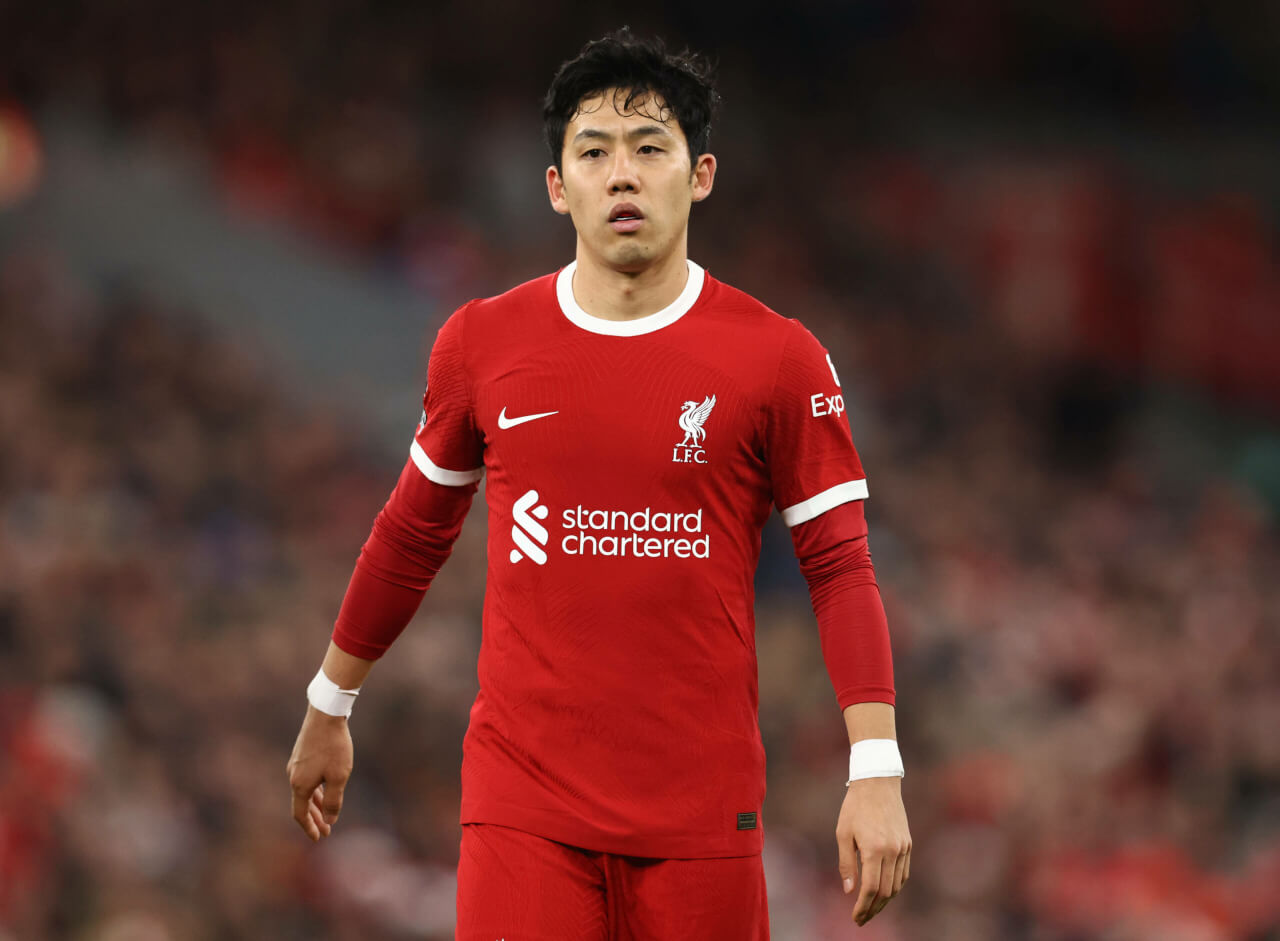Premier League’s Yellow Card Amnesty: Liverpool’s Relief and Rule Changes on the Horizon
In a critical juncture of the Premier League title race, Liverpool have skilfully dodged a bullet that could have hindered their championship aspirations. The spotlight was on Wataru Endo and Darwin Nunez as they teetered on the brink of suspension due to the accumulation of yellow cards. However, in their latest clash against Manchester United, both players exhibited commendable discipline, ensuring they remained eligible for the upcoming fixtures. This strategic navigation through the disciplinary waters speaks volumes of the team’s focus and management’s guidance.
Premier League’s Fine Line of Discipline
The Premier League’s rule, penalizing players with an automatic two-game suspension upon receiving 10 yellow cards by the 32nd game, is a tightrope walk for many. Endo and Nunez’s predicament underscores the constant battle players face between aggression and restraint on the pitch. With Liverpool set to face Crystal Palace in their 32nd league fixture, the avoidance of further bookings by these key players was crucial. The looming deadline accentuates the pressure teams face in balancing competitive intensity with strategic caution.

Rule Adjustments and Their Implications
The impending shift to a three-match ban for players amassing 15 bookings before the season’s end introduces a new dynamic to the Premier League’s disciplinary landscape. This change, as highlighted by The Liverpool Echo, could potentially alter how teams approach the latter stages of the season. Players now have a tighter margin for error, and clubs must adapt to ensure their key personnel remain available during the crucial final run.
Liverpool’s Past Encounters with Suspensions
Liverpool’s experience with suspensions this season has been notably impactful. Alexis Mac Allister’s one-match ban earlier in the season and the red-card incidents involving Virgil van Dijk, Curtis Jones, Diogo Jota, and Ibrahima Konate have tested Liverpool’s depth and resilience. These instances not only reflect the physicality of Liverpool’s play but also showcase their ability to overcome adversity through squad depth and tactical adjustments.
In conclusion, Liverpool’s adept handling of potential suspensions highlights a broader challenge within the Premier League: the delicate balance between aggressive play and disciplinary prudence. As the rules evolve, so too must the strategies employed by teams to navigate these waters. Liverpool’s situation serves as a case study in the importance of discipline, management, and strategic foresight in the pursuit of Premier League glory. With the title race heating up, every decision, on and off the pitch, could be the difference between triumph and disappointment.




@Ryan – the cards Liverpool have received this season most certainly does not “reflect the physicality of Liverpool’s play.” You just have to look at the minutes-per-foul of Mo to realize that carding in our matches does not accurately follow the actual incidents of fouls.